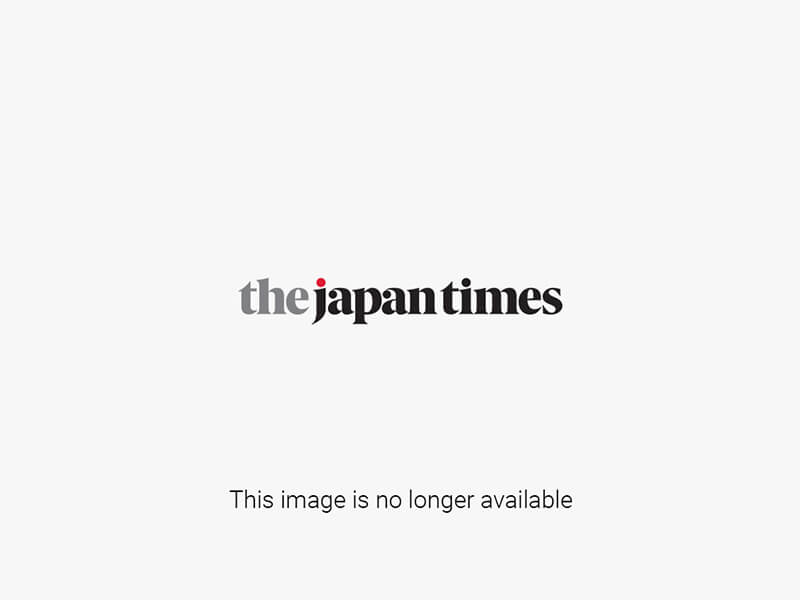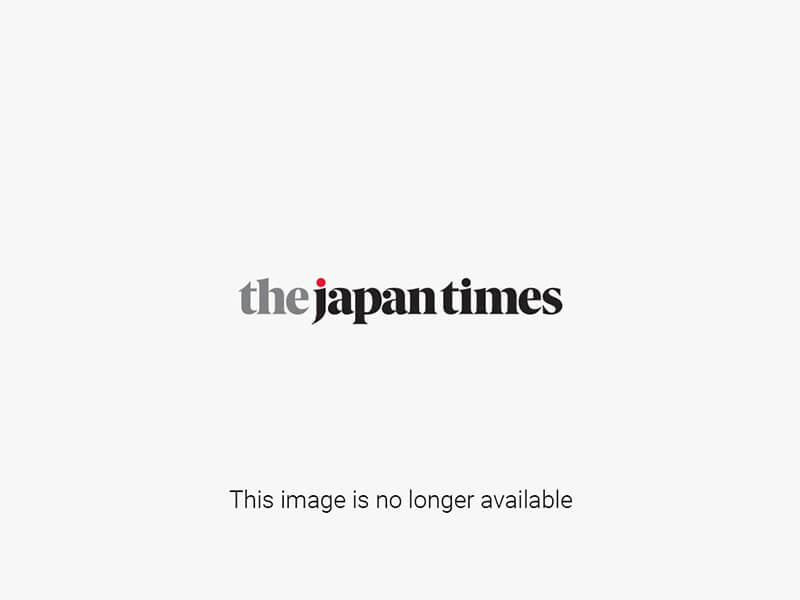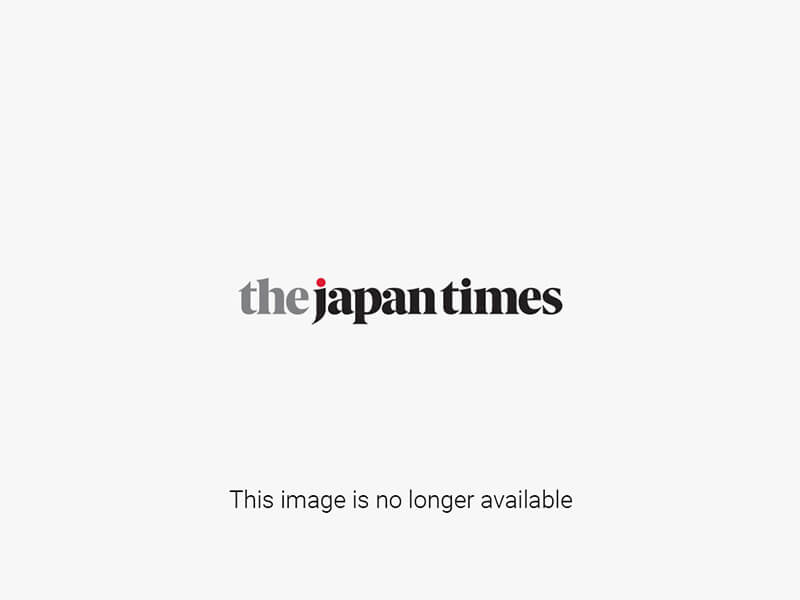In March 2019, construction work officially started on an expansion and upgrade project at Bahrain’s main Sitra oil refinery that is thought to be the biggest industrial development ever initiated in the kingdom.
“We are taking the refinery from its current capacity of about 270,000 barrels a day up to a capacity of 380,000 barrels. It already generates the lion’s share of the cash flow that funds the kingdom of Bahrain. After the expansion, the earning potential is estimated to double,” explained Peter Bartlett, CEO of the state-owned Bahrain Petroleum Company (Bapco), which runs the facility.
Revenues from the new refinery could reach even higher levels once it is completed in 2022, he added: “As well as the expansion, we are replacing equipment and modernizing features. It will be able to run at higher rates than we can advertise because the state-of-the-art equipment we are putting in place will offer the flexibility to optimize our operations.”
The $5-billion Bapco Modernization Program marks an operational refocus for Bahrain’s oldest oil and gas company. Originally set up in 1929 as an upstream and downstream enterprise, it discovered the first oil in the Arab region in 1932 and started refining at Sitra on the kingdom’s east coast in 1936.
With Bahrain’s upstream activities now the responsibility of Tatweer Petroleum, Bapco’s endeavors are concentrated on the refining, distribution, marketing and trading of a wide range of high-quality petroleum and gas products, including liquefied petroleum gas, naphtha, gasoline, kerosene, aviation fuel, ultra-low sulfur diesel, heavy lube distillate, fuel oil and asphalt.
In addition to the refinery, Bapco’s Sitra complex includes storage space for 14 million barrels, as well as marketing and marine export terminals. “We predominantly export what we produce. About 10 percent of our production remains onshore and supplies the domestic market, and the rest is all exported,” said Bartlett. Currently, about one-sixth of the crude oil that Bapco refines is Bahraini, with the remainder being imported from Saudi Arabia via pipeline.
The reliability of that oil supply is crucial for Bapco, especially given its targets for the new refinery, he noted: “We have a terribly important commercial and strategic relationship with Saudi Arabia and Saudi Aramco specifically. So, last October Bapco commissioned a brand-new pipeline to replace 70-plus years of pipeline infrastructure between the two kingdoms. That is now in place and nearly completely commissioned — all new oil is coming through that line. But its only one feedstock and we are also looking to leverage other feedstocks in the region.”
International involvement in the refinery
There is significant international support for the Bapco Modernization Program and it is almost fully funded, Bartlett confirmed: “We are not yet at a financial close but we are close and are working through the final conditions to get there. Our first port of call was to approach export credit agencies and we have engaged ones from South Korea, Italy, Spain and the U.K. that will fund the majority of the project. In addition, we have engaged commercial banks — international, regional and quite a number of local banks have been willing to put money against this project.”
Having carried out detailed technical, economic and commercial assessments, Bapco has commissioned a consortium made up of the U.K.’s TechnipFMC, Spain’s Tecnicas Reunidas and South Korea’s Samsung Engineering to execute the project on an engineering, procurement, construction and commissioning basis.
Bartlett is certain there will also be substantial Japanese involvement in the new refinery: “There is likely to be Japanese content in the eventual buildout of the facility and Japan will be represented in the large number of subcontractors involved in the broad array of equipment being installed in the plant. We have a long history with Japanese people — some of whom work in our company —and with Japanese businesses.
“We have a very consequential history with JGC, for example, which is collaborating on at least five major projects right now at the existing facility. It has been a terrific partner over many years in this refinery. In fact, we have Japanese technology and process control instrumentation throughout the facility. It is a pleasure to support advancing those bilateral relationships, so I would envisage that the deals Bapco makes with Japan’s industry will be very prominent.”
Building in competitive resilience
Bapco’s overall vision is to create a refinery that is designed, constructed and managed in a way that benefits the kingdom for generations to come. Or, as Bartlett put it, “What we are really doing with this modernization is extending the life of oil and gas in Bahrain.”
As a result, the facility has been planned around three main pillars: expanding capacity and generating more income; making the facility more efficient — particularly in terms of energy efficiency; and reducing and mitigating the environmental impact of the company’s operations.
“After looking at economic resilience and the likelihood of generating the rewards we wanted from our investment, we decided on a configuration that will make sure that the facility remains competitively resilient. We are building a refinery that will take medium- to low-gravity oils and upgrade them. It will convert more of the ‘bottom of the barrel’ into high-value products,” he explained.
This strategy intersects with where demand for petroleum products is heading, with the world moving away from gasoline as the transport sector turns to electricity, said Bartlett: “The new plant will allow us to destroy more of the things that are less in demand — like black oil, fuel oil and other so-called black products. Instead, we want to produce more white products such as jet fuel and diesel, and that has been the primary bias in our engineering and equipment planning.”
As part of this planning, said Minister of Oil Shaikh Mohamed bin Khalifa Al Khalifa, “We are installing the region’s first LC finer, a cutting-edge ebullating-bed process for converting heavy oil into much higher-value diesel — this is a huge jump in our capabilities.”
With an eye on the future, the refinery has also been designed to be flexible, states Bartlett: “Historically, merchant refining is probably one of the toughest segments in the business — you win or lose on the basis of your competitive resilience. We have made a pretty good call on the outlook for the industry, although we won’t get it completely right, of course.
“But what we will have is resilience and flexibility in what we are building, in case the market moves in a slightly different direction. Our engineers are creative people and they have designed systems that, for instance, allow Bapco to run more or less crude oil in the facility if it makes economic sense to do so.”
Bapco connects to the global oil ecosystem
Another advantage that Bapco has is Bahrain’s proximity to regions such as the Gulf Cooperation Council (GCC) countries, South Asia, East Africa and the Far East, which are the growth markets for its products. “We are sure that we are competitively placed to access those markets and we know that we can sell our products there because we are not going to be making new products but ones that are already compliant with world specifications,” he said.
At present, Bapco exports to countries as far east as Japan, as far west as the U.S. and to numerous locations in between, he noted: “We are able to do that because we have competitive shipping economics and manage our business responsibly.” Once the refinery’s new capacity is in place, however, Bapco will be looking for additional clients for its products and the
company is developing a new commercial strategy that will enable it to gain exposure to additional markets.
Bartlett sees Bapco as being an important part of the GCC oil-products ecosystem, however, “We will be more downstream centric and focused than our peers in the GCC. That’s in our DNA and it’s who we are.” Additional downstream opportunities Bapco are likely to invest in at the Sitra complex include petrochemical manufacturing and the production of anode-grade petroleum coke, which could be used to make aluminum at the nearby Aluminium Bahrain plant.
“But those things are down the line,” said Bartlett: “First things first. We have to settle the new refinery in place and make sure that we have the right resources managing it. Bapco’s job is to run Bahraini refining safely, competitively and responsibly — and that is what this investment does for us. It gives competitive resilience that allows the kingdom to make the most of its oil and gas.”





